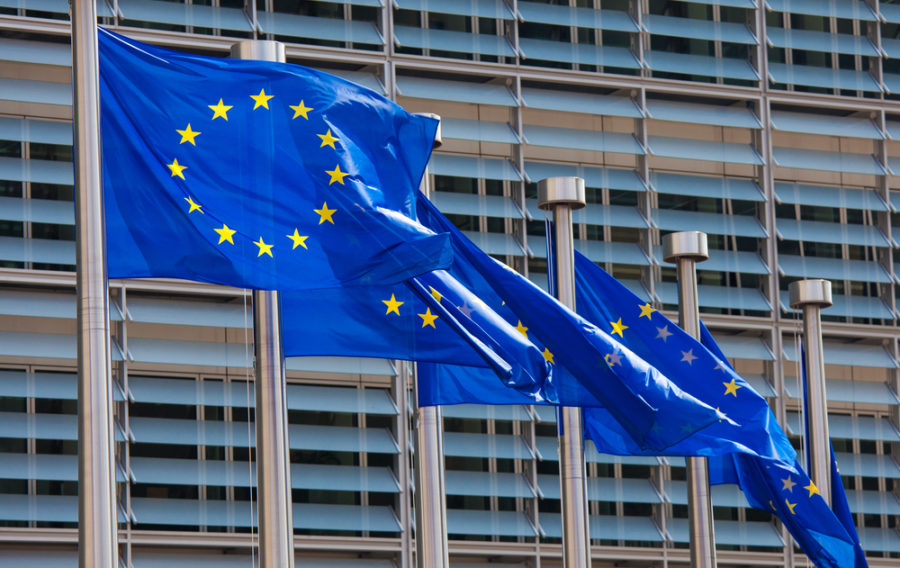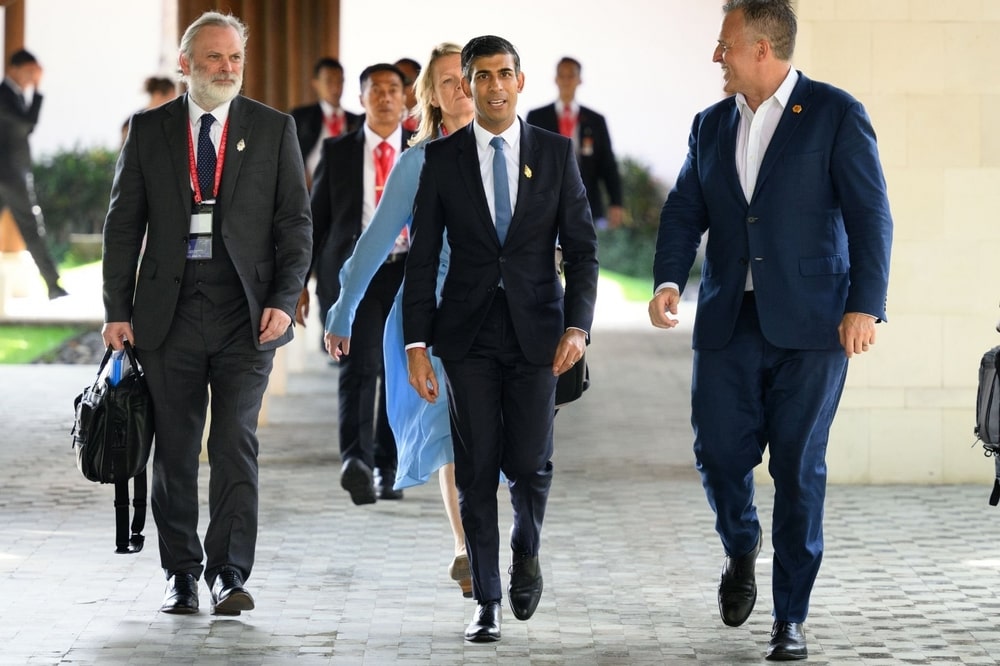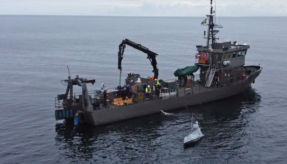
The European Defence Action Plan has been adopted by the European Commission. The plan proposes a European Defence Fund, amongst other measures, in order to push for more efficient spending across joint defence capabilities, allowing for a more competitive industry with increased innovation.
President Jean-Claude Juncker highlighted the importance of a strongly defended Europe, in his 2016 State of the Union speech. He said that this can not be achieved without innovation in the sector and the pooling of resources of the European defence industry.
European Commission President Jean-Claude Juncker said: “To guarantee our collective security, we must invest in the common development of technologies and equipment of strategic importance – from land, air, sea and space capabilities to cyber security. It requires more cooperation between Member States and greater pooling of national resources. If Europe does not take care of its own security, nobody else will do it for us. A strong, competitive and innovative defence industrial base is what will give us strategic autonomy.”
The European Defence Action Plan sets Mr Juncker’s strategy in motion, with several strategic propositions.
The mainstay of the plan is the European Defence Fund, which will support investment in joint research and development. The Fund will support two aspects of development, Research & Capability.
Collaborative research within innovative defence technologies, such as electronics, metamaterials, encrypted software and robotics, will see some €25M in funding in 2017. The budget allocation is expected to grow to €90M up to 2020, and following this the Commission intends to propose a dedicated defence research programme with an estimated fund of €500M per year.
Capability funding would allow member states to reduce costs by purchasing assets jointly. Member states could jointly invest in drone technology or purchase assets such as helicopters together and thus create savings, at approximately €5Bn per year.
The Plan will also ensure support for SMEs, start-ups, mid-caps and other suppliers to the defence industry. Alongside the European Structural and Investment Funds and European Investment Bank (EIB) support for dual-use activities, the action plan will allow the commission to promote EU co-financing of productive investment projects and the modernisation of the defence supply chains. Under the ‘Blueprint for Sectoral Co-operation on Skills’ the Commission will support cooperation in the defence sector to ensure people have the right skills and technological ability to generate innovation.
Thirdly the plan will strengthen the Single Market for defence by providing an open and competitive defence market in Europe, helping companies operate across borders and Member States to get best value for money in their defence procurement.
The creation of European Defence Fund will be presented and discussed with all stakeholders at the next European Council meeting 15-16 December.
If you would like to join our community and read more articles like this then please click here








